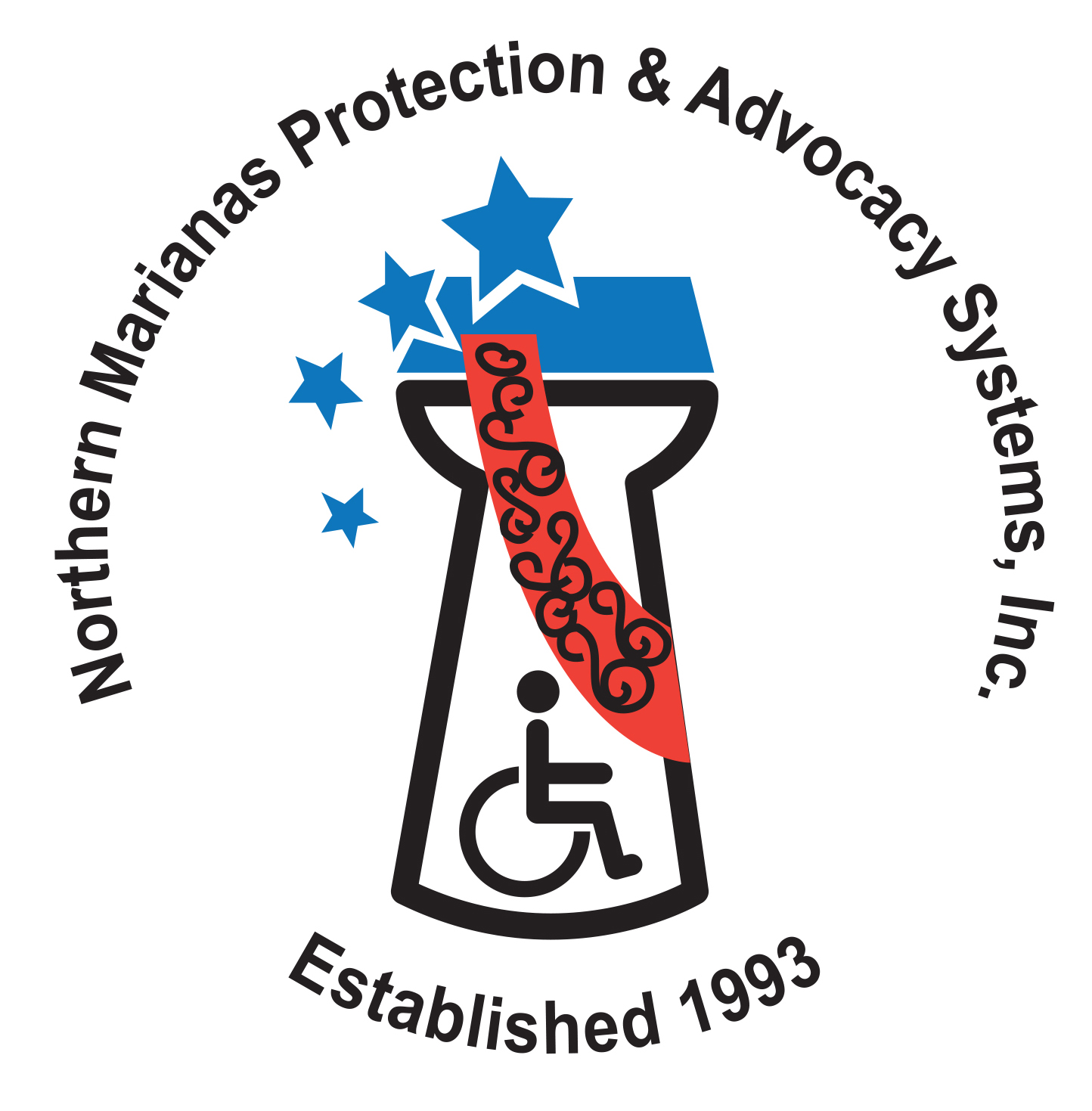SOME disabilities are obvious; some are not. Some disabilities interfere with performance at school or at work or with interpersonal relationships.
For purposes of special education under the Individuals with Disabilities Education Act, a child with a disability is a child who has been evaluated as having a specific disability and who, by reason of that disability, needs special education and related services. See 34 C.F.R. § 300.8.
For purposes of Social Security Income, a child under age 18 may be considered “disabled” if the person has a medically determinable physical or mental impairment (including an emotional or learning problem) that:
* results in marked and severe functional limitations; and
* can be expected to result in death; or
* has lasted or can be expected to last for a continuous period of not less than 12 months.
See www.ssa.gov/disability/.
For purposes of Social Security Retirement or Supplemental Security Income, the Social Security Administration pays only for total disability. No benefits are payable for partial disability or for short-term disability. For an adult, the disability must result in the “inability to do any substantial gainful activity” and
* can be expected to result in death; or
* has lasted or can be expected to last for a continuous period of not less than 12 months.
See www.ssa.gov/disability/.
For purposes of vocational rehabilitation services, an “individual with a disability” means an individual who “(i) has a physical or mental impairment which for such individual constitutes or results in a substantial impediment to employment; and (ii) can benefit in terms of an employment outcome from vocational rehabilitation services….” 29 U.S.C. § 705(9); Program Services Policy and Procedures Manual for Vocational Rehabilitation Programs, Section 10.
So, while there are different definitions of “disability” depending upon the services or benefits one needs, it is important to remember that DISABILITY DOES NOT MEAN WITHOUT ABILITY.
If you have a disability and need assistance in obtaining benefits or services as a result of that disability, contact NMPASI at 235-7273; 235-7274; 235-7275 (fax); 235-7278 (tty); or online at www.nmpasi.org/. NMPASI may be able to assist through one of its programs, such as Protection & Advocacy for Individuals with Mental Illness, Protection & Advocacy for Development Disabilities; Protection & Advocacy for Individual Rights; Protection & Advocacy for Traumatic Brain Injury; Client Assistance Program; or Protection & Advocacy for Beneficiaries of Social Security.

